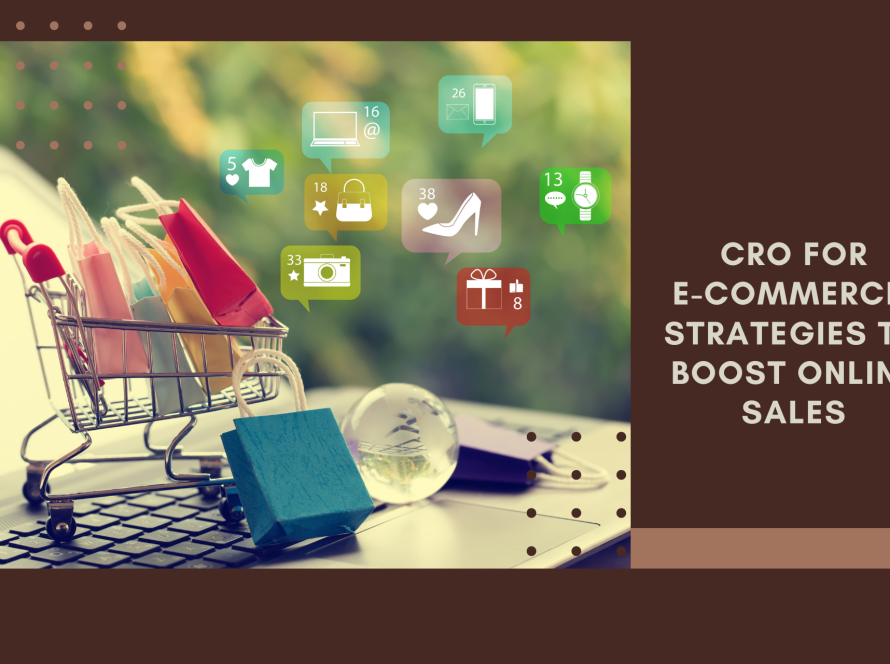Introduction:
In the competitive world of ecommerce, finding effective marketing strategies is crucial for driving traffic, increasing conversions, and building customer loyalty. Email marketing has emerged as a powerful tool that can significantly impact the success of your online business. In this blog post, we will explore the numerous benefits of email marketing for ecommerce websites and provide actionable tips to help you leverage its potential. So, let’s dive in and discover how email marketing can take your ecommerce business to new heights!
Increased Conversion Rates:
Email marketing allows you to directly connect with your target audience, delivering personalized messages tailored to their interests. By segmenting your email list and sending relevant content, product recommendations, and exclusive offers, you can significantly increase conversion rates. According to recent studies, email marketing has shown higher conversion rates compared to other marketing channels, making it an indispensable tool for ecommerce businesses.
Enhanced Customer Engagement:
Emails provide a unique opportunity to engage and interact with your customers on a regular basis. You can send newsletters, product updates, and educational content that adds value to their experience. By encouraging customer feedback, inviting reviews, and incorporating user-generated content, you foster a sense of community, trust, and loyalty. This engagement can lead to repeat purchases and word-of-mouth referrals, expanding your customer base.
Cost-Effective Marketing:
One of the significant advantages of email marketing is its cost-effectiveness. Compared to traditional marketing channels, email campaigns require minimal investment, making it a viable option for businesses of all sizes. With advanced email marketing tools and automation, you can reach a large audience without spending excessive time and resources. This affordability allows ecommerce websites to allocate more budget towards other growth initiatives.
Increased Website Traffic:
Email marketing can be a powerful driver of traffic to your ecommerce website. By including enticing offers, new product launches, and engaging content within your emails, you can encourage recipients to click through and explore your website. Moreover, you can utilize personalized landing pages to provide a seamless user experience, ensuring that your email recipients find exactly what they’re looking for when they arrive on your website.
Improved Customer Retention and Loyalty:
Building long-term relationships with your customers is crucial for ecommerce success. Email marketing enables you to nurture these relationships by delivering timely and relevant content. You can send personalized recommendations, exclusive discounts, and rewards to your existing customers, making them feel valued and appreciated. By staying connected with your audience, you increase the chances of repeat purchases and foster brand loyalty.
Tracking and Analytics:
Email marketing provides valuable insights through tracking and analytics. You can monitor open rates, click-through rates, and conversion rates to assess the performance of your email campaigns. This data helps you understand your audience better, optimize your content, and refine your strategies to achieve better results. By continuously analyzing and iterating, you can enhance the effectiveness of your email marketing efforts.
FAQ:
Q1: Can email marketing work for small ecommerce businesses?
A1: Absolutely! Email marketing is a cost-effective strategy that can benefit businesses of all sizes. By segmenting your email list, delivering personalized content, and engaging with your customers, you can drive conversions and build loyalty, regardless of the size of your ecommerce website.
Q2: How often should I send emails to my subscribers?
A2: The frequency of your emails will depend on your audience and the nature of your business. It’s important to maintain a consistent presence without overwhelming your subscribers. Test different frequencies and monitor engagement metrics to find the optimal balance for your audience. It could be weekly, bi-weekly, or monthly.
Q3: What are some best practices for email marketing in e-commerce?
A3: Here are a few best practices:
- Segment your email list based on demographics, purchase history, and engagement.
- Craft compelling subject lines to grab attention.
- Personalize your emails with dynamic content and product recommendations.
- Use clear and compelling calls to action to drive conversions.
- Optimize your emails for mobile devices.
- Regularly analyze metrics to measure performance and make improvements.
Conclusion:
In conclusion, email marketing is a powerful tool for ecommerce websites that offers a wide range of benefits. By leveraging personalized content, engaging with your customers, and optimizing your campaigns, you can boost conversion rates, enhance customer engagement and retention, increase website traffic, and drive the success of your online business.
Remember, consistency, relevance, and customer-centricity are key to achieving effective email marketing. Continuously refine your strategies, monitor analytics, and adapt to the evolving needs of your audience to maximize the impact of your email campaigns.
If you’re ready to take your ecommerce business to new heights, consider partnering with Ecommerce Builders Inc. Their expertise in building and optimizing ecommerce websites can help you create a strong online presence and drive meaningful results. Visit Ecommerce Builders Inc to learn more about their services and how they can assist you in achieving ecommerce success.
So, start harnessing the power of email marketing, and watch your ecommerce website flourish with increased conversions, loyal customers, and sustained growth.



